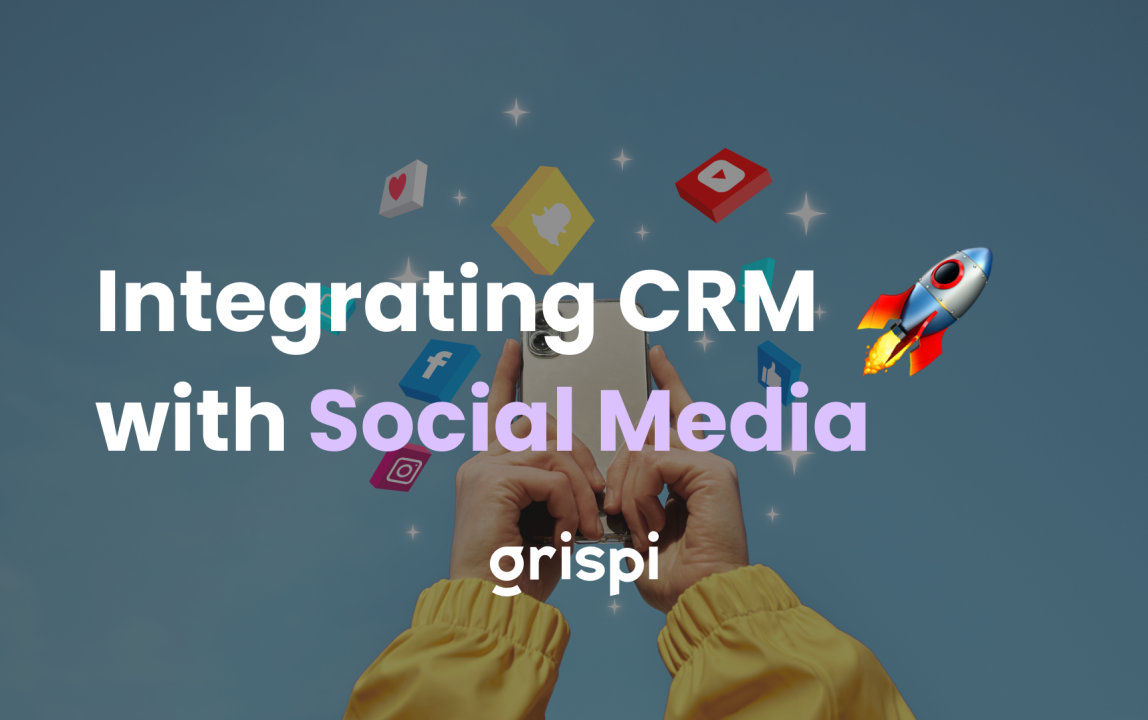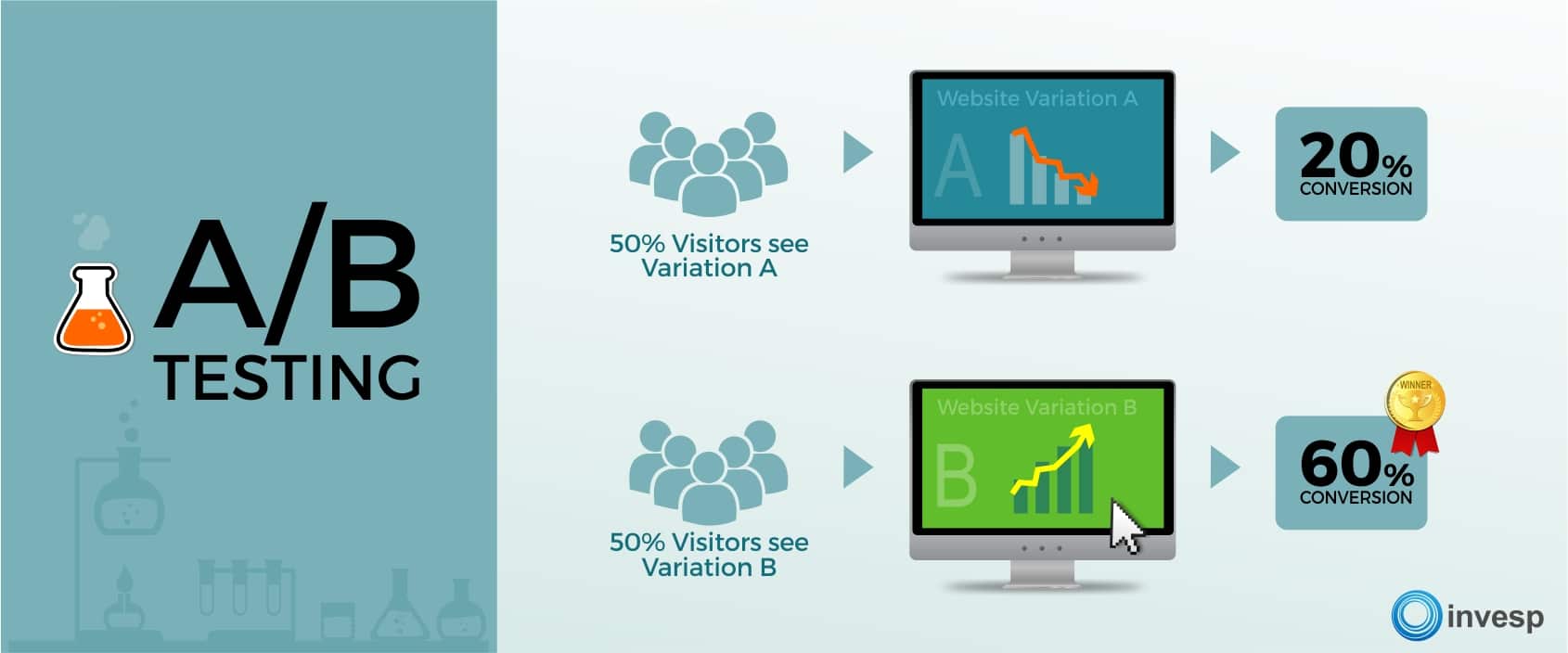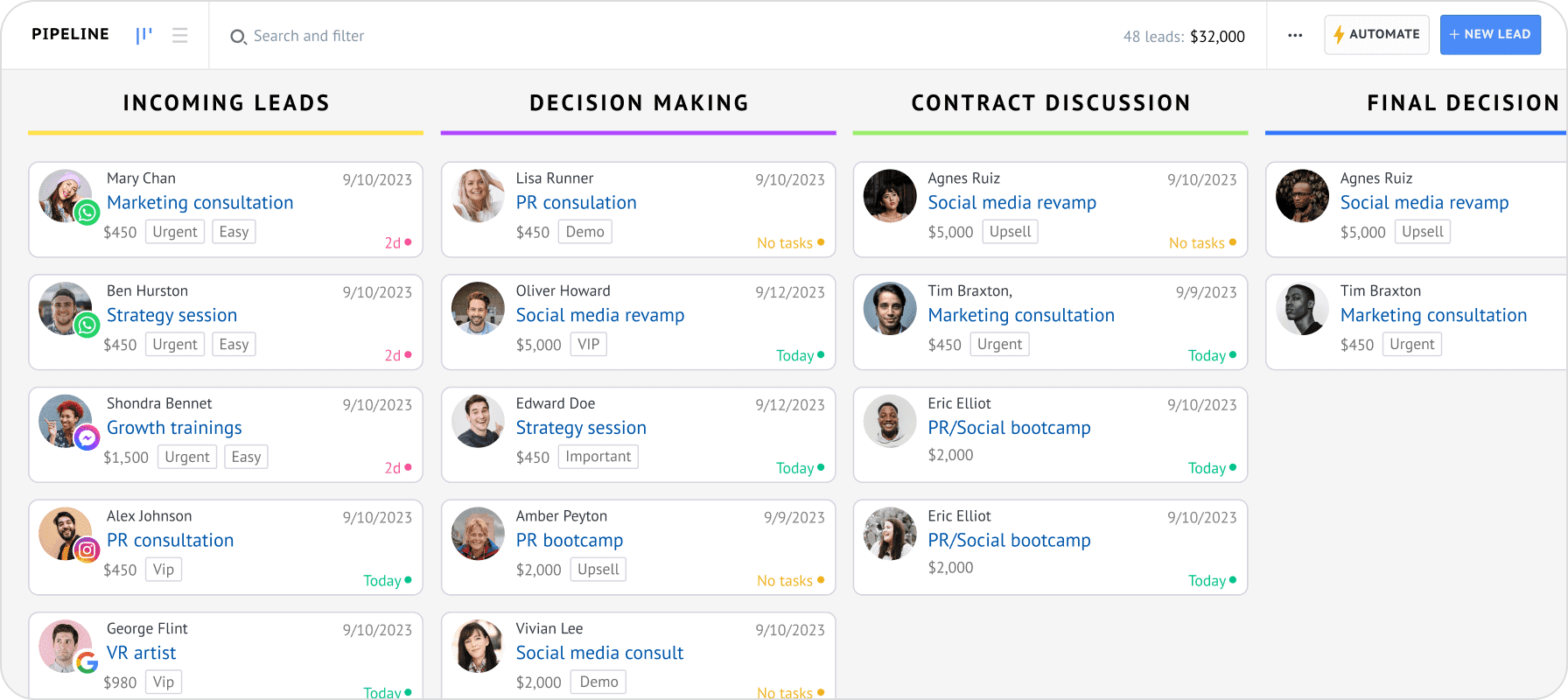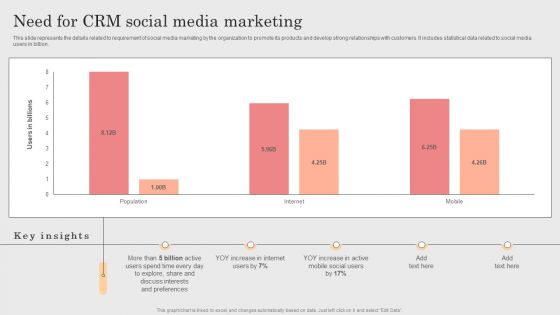Unlocking Growth: Mastering CRM, Marketing, and Social Engagement for Explosive Business Success
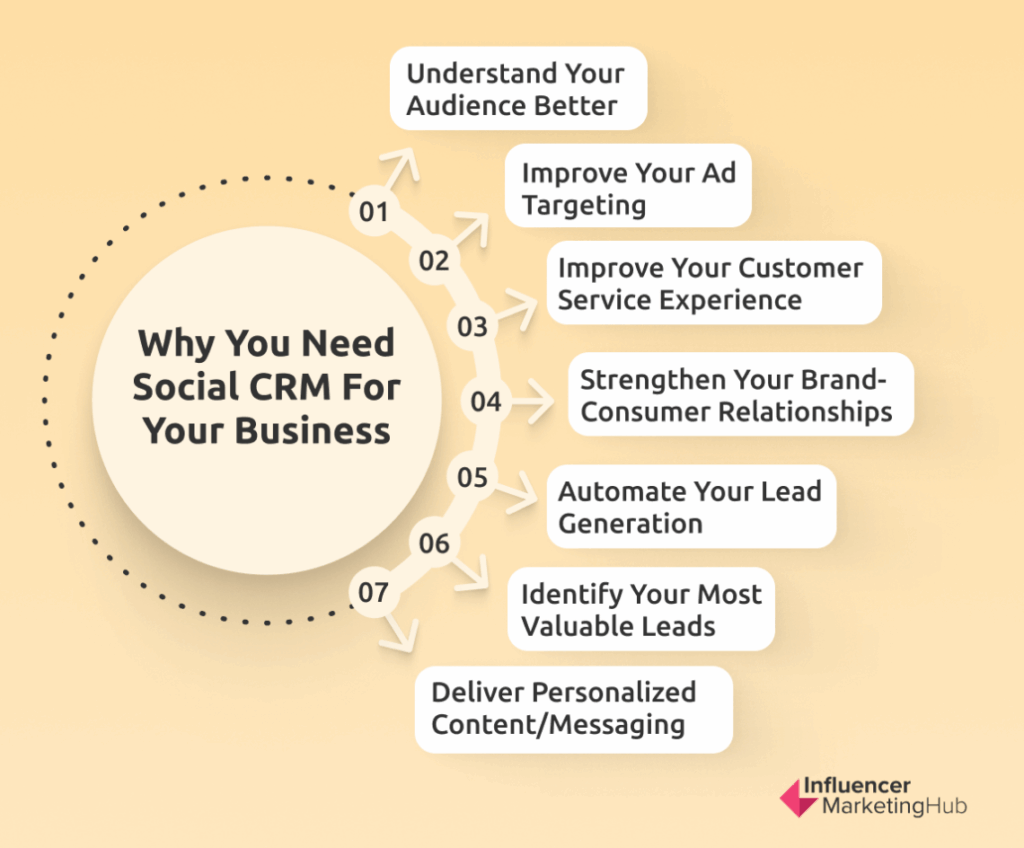
Unlocking Growth: Mastering CRM, Marketing, and Social Engagement for Explosive Business Success
In today’s hyper-connected world, businesses are constantly seeking ways to stand out from the crowd. The key to success lies in understanding your customers and engaging with them effectively. This is where the powerful combination of Customer Relationship Management (CRM), marketing strategies, and social engagement comes into play. This comprehensive guide will delve deep into these interconnected areas, providing you with actionable insights and strategies to transform your business and achieve explosive growth.
The Foundation: Understanding CRM
CRM isn’t just about software; it’s a philosophy. It’s about putting the customer at the heart of your business. It’s about understanding their needs, preferences, and behaviors to build lasting relationships. A robust CRM system acts as the central nervous system of your business, collecting, organizing, and analyzing customer data. This data allows you to:
- Personalize your interactions: Tailor your marketing messages and customer service to individual preferences.
- Improve customer satisfaction: Resolve issues quickly and proactively address customer needs.
- Increase sales: Identify and nurture leads, and close deals more effectively.
- Enhance customer loyalty: Build strong relationships that keep customers coming back for more.
Choosing the right CRM system is crucial. Consider factors like your business size, industry, and specific needs. Popular CRM platforms include Salesforce, HubSpot, Zoho CRM, and Microsoft Dynamics 365. Each platform offers a range of features, so research and compare options to find the best fit for your organization.
Key CRM Features
A well-implemented CRM system offers a multitude of features that streamline operations and drive results. Some essential features include:
- Contact Management: Centralized storage of customer information, including contact details, interactions, and purchase history.
- Lead Management: Tracking and nurturing leads through the sales pipeline, from initial contact to conversion.
- Sales Force Automation (SFA): Automating sales tasks, such as lead assignment, quote generation, and order processing.
- Marketing Automation: Automating marketing campaigns, such as email marketing, social media posting, and lead nurturing.
- Customer Service: Managing customer inquiries, resolving issues, and providing support.
- Reporting and Analytics: Tracking key performance indicators (KPIs), analyzing data, and generating reports to measure performance and identify areas for improvement.
Marketing Strategies: Fueling the Engine
Once you have a solid CRM foundation, it’s time to fuel the engine with effective marketing strategies. Marketing is the process of creating, communicating, and delivering value to customers. It’s about understanding your target audience, crafting compelling messages, and reaching them through the right channels. A well-executed marketing strategy will:
- Increase brand awareness: Introduce your brand to a wider audience.
- Generate leads: Attract potential customers and capture their contact information.
- Drive sales: Convert leads into paying customers.
- Build customer loyalty: Foster long-term relationships with your customers.
Key Marketing Channels
There’s a plethora of marketing channels available, each with its own strengths and weaknesses. The best channels for your business will depend on your target audience, budget, and marketing goals. Some popular channels include:
- Content Marketing: Creating valuable and engaging content, such as blog posts, articles, videos, and infographics, to attract and educate your audience.
- Search Engine Optimization (SEO): Optimizing your website and content to rank higher in search engine results pages (SERPs).
- Pay-Per-Click (PPC) Advertising: Running paid advertising campaigns on search engines and social media platforms.
- Email Marketing: Building an email list and sending targeted email campaigns to nurture leads and promote your products or services.
- Social Media Marketing: Building a presence on social media platforms, engaging with your audience, and running social media advertising campaigns.
- Influencer Marketing: Partnering with influencers to promote your brand and reach a wider audience.
Integrating CRM and Marketing
The true power of marketing lies in its integration with CRM. By connecting your marketing efforts to your CRM system, you can:
- Personalize your marketing messages based on customer data.
- Track the effectiveness of your marketing campaigns and measure their return on investment (ROI).
- Nurture leads through the sales pipeline with targeted email campaigns and other marketing activities.
- Segment your audience based on their behavior and preferences.
Social Engagement: Building a Community
Social engagement is the art of building relationships with your audience on social media platforms. It’s about listening to their needs, responding to their questions, and creating a community around your brand. A strong social engagement strategy will:
- Increase brand awareness: Introduce your brand to a wider audience on social media.
- Drive website traffic: Encourage followers to visit your website.
- Generate leads: Capture leads through social media campaigns and contests.
- Boost customer loyalty: Build strong relationships with your customers and foster a sense of community.
- Improve customer service: Provide quick and efficient customer service on social media.
Key Social Media Platforms
Choosing the right social media platforms is crucial. Consider your target audience and the nature of your business. Popular platforms include:
- Facebook: A versatile platform for connecting with a broad audience, sharing content, and running advertising campaigns.
- Instagram: A visually-driven platform for sharing photos and videos, ideal for businesses with a strong visual component.
- Twitter: A platform for sharing short updates, engaging in conversations, and staying up-to-date on industry trends.
- LinkedIn: A professional networking platform for connecting with other professionals, sharing industry insights, and promoting your brand to a business-oriented audience.
- TikTok: A short-form video platform that’s popular with younger audiences.
- YouTube: A video-sharing platform for creating and sharing video content.
Strategies for Effective Social Engagement
To succeed on social media, you need to go beyond simply posting content. You need to actively engage with your audience. Here are some strategies for effective social engagement:
- Create valuable content: Share informative, entertaining, and engaging content that your audience will find interesting.
- Respond to comments and messages: Engage in conversations with your followers, answer their questions, and address their concerns.
- Run contests and giveaways: Generate excitement and attract new followers.
- Use hashtags: Increase the visibility of your content.
- Partner with influencers: Reach a wider audience by collaborating with influencers.
- Monitor your brand mentions: Track what people are saying about your brand and respond accordingly.
- Use social listening tools: Monitor social media conversations about your brand, industry, and competitors.
The Synergy: CRM, Marketing, and Social Engagement in Action
The real magic happens when you integrate CRM, marketing, and social engagement. Here’s how these three elements can work together to drive explosive business success:
1. Data-Driven Personalization
Your CRM system provides a wealth of customer data. Use this data to personalize your marketing messages and social media interactions. For example:
- Send targeted email campaigns to customers based on their purchase history, browsing behavior, or demographics.
- Create personalized social media ads that target specific customer segments.
- Provide personalized customer service based on their past interactions with your business.
2. Lead Nurturing
Use your CRM and marketing automation tools to nurture leads through the sales pipeline. For example:
- Capture leads through social media campaigns and website forms.
- Track lead activity in your CRM system.
- Send targeted email campaigns to nurture leads and move them closer to a purchase.
3. Social Listening and Customer Service
Use social listening tools to monitor conversations about your brand and industry. Respond to customer inquiries and address their concerns on social media. For example:
- Monitor brand mentions on social media platforms.
- Respond to customer inquiries and complaints promptly.
- Use social media to provide customer support.
4. Measuring and Optimizing
Track the results of your CRM, marketing, and social engagement efforts. Use this data to optimize your strategies and improve your results. For example:
- Track the ROI of your marketing campaigns.
- Analyze customer data to identify areas for improvement.
- Use social media analytics to measure the effectiveness of your social engagement efforts.
Implementing Your Strategy: A Step-by-Step Guide
Putting this all into practice can seem daunting, but breaking it down into steps can make the process manageable. Here’s a step-by-step guide to implementing a successful CRM, marketing, and social engagement strategy:
- Define your goals: What do you want to achieve with your CRM, marketing, and social engagement efforts? Set specific, measurable, achievable, relevant, and time-bound (SMART) goals.
- Choose your CRM system: Research and select the CRM system that best fits your business needs.
- Implement your CRM system: Set up your CRM system and import your customer data.
- Develop your marketing strategy: Define your target audience, create compelling messages, and choose the right marketing channels.
- Create valuable content: Produce high-quality content that resonates with your target audience.
- Build your social media presence: Create profiles on the relevant social media platforms and start engaging with your audience.
- Integrate your CRM, marketing, and social engagement efforts: Connect your CRM system to your marketing and social media platforms.
- Track your results: Monitor your KPIs and analyze your data to measure your performance.
- Optimize your strategies: Continuously refine your strategies based on your results.
Overcoming Challenges and Maximizing Success
While the benefits of integrating CRM, marketing, and social engagement are substantial, businesses often face challenges. Here are some common hurdles and how to overcome them:
- Data Silos: One of the biggest challenges is integrating data from different sources. Ensure your CRM system can integrate with your marketing automation tools, social media platforms, and other business systems.
- Lack of Integration: Without proper integration, you’ll struggle to get a unified view of your customers. Use APIs and integrations to connect your systems.
- Poor Data Quality: Inaccurate or incomplete data can lead to poor decision-making. Implement data cleansing and validation processes to ensure data quality.
- Resistance to Change: Employees may resist adopting new technologies or processes. Provide training and support to help them adapt.
- Lack of Resources: Implementing a successful CRM, marketing, and social engagement strategy requires resources, including time, money, and personnel. Allocate sufficient resources to these areas.
To maximize your success, also consider these tips:
- Invest in training: Provide comprehensive training to your employees on how to use your CRM system, marketing automation tools, and social media platforms.
- Stay up-to-date: The marketing landscape is constantly evolving. Stay informed about the latest trends and technologies.
- Be patient: Building a strong CRM, marketing, and social engagement strategy takes time and effort. Don’t expect overnight results.
- Focus on the customer: Always put the customer at the center of your business.
- Be adaptable: Be prepared to adapt your strategies as needed.
The Future of Business: Embracing the Power of Connection
The future of business is all about building strong customer relationships. By mastering CRM, marketing, and social engagement, you can create a powerful engine for growth. These three elements, when combined effectively, empower businesses to:
- Deepen Customer Relationships: Nurture loyalty and advocacy.
- Drive Revenue Growth: Increase sales and market share.
- Enhance Brand Reputation: Build a positive brand image.
- Gain a Competitive Edge: Stand out in a crowded marketplace.
- Become Customer-Centric Organizations: Make customers the focus of everything you do.
By embracing these principles, your business can thrive in the ever-evolving digital landscape. The journey requires dedication, adaptation, and a relentless focus on the customer. The rewards, however, are well worth the effort. By strategically integrating CRM, marketing, and social engagement, you are not just building a business; you are creating a thriving community that will propel you towards lasting success.
In conclusion, the synergy of CRM, marketing, and social engagement is no longer optional; it’s essential for survival and success. By implementing the strategies outlined in this guide, you can unlock the full potential of your business, foster lasting customer relationships, and achieve explosive growth. Embrace the power of connection, and watch your business flourish.

